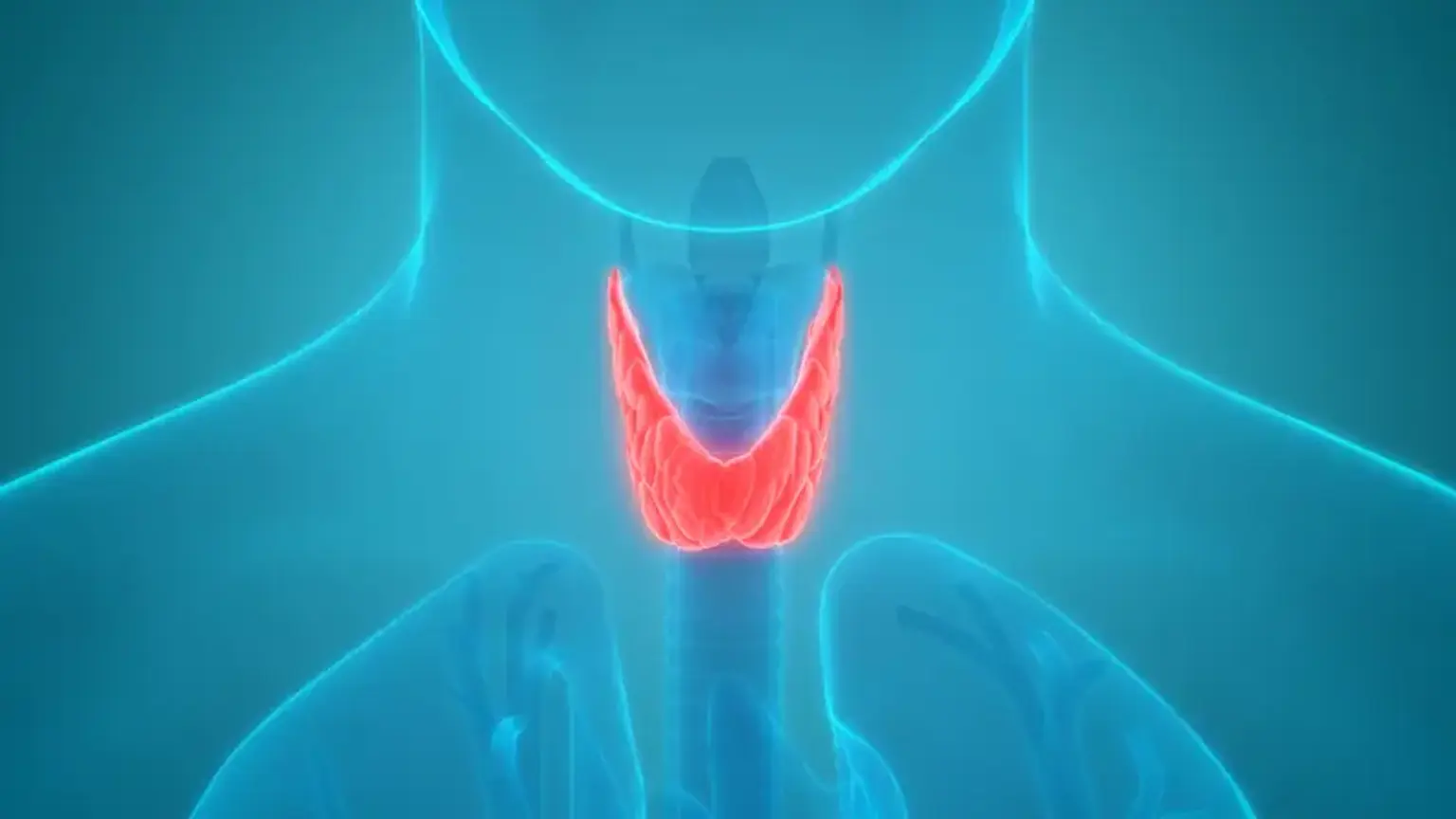Thyroid Disease
Overview
Your thyroid gland generates thyroid hormone, which regulates numerous bodily functions, including how quickly you burn calories and how rapidly your heart beats. Thyroid disorders cause the gland to produce either too much or too little hormone. You may feel restless or exhausted all the time, or you may lose or gain weight, depending on how much or how little hormone your thyroid produces. Thyroid illness affects women more than males, especially after pregnancy and after menopause.
